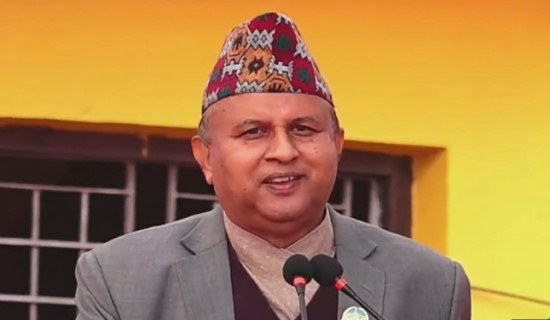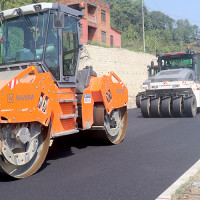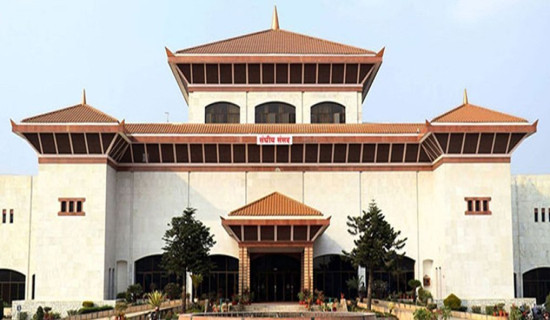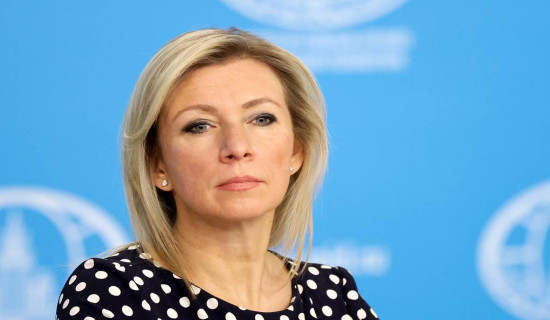- Sunday, 19 May 2024
Chitwan National Park not to issue fishing permits
By Bomlal Giri,Nawalpur, May 7: Chitwan National Park has decided not to issue additional licenses (permits) to the Majhi, Musahar, and Bote communities residing in Nawalpur, who earn their livelihood by fishing in the Narayani and Rapti rivers. Instead, the park has urged these communities to explore alternative sources of income.
The national park made this request to a team of the Majhi, Musahar, and Bote Welfare Service Committee in Nawalpur, who visited the Nawalpur office of the national park to submit a memorandum containing a 10-point demand. The demands included the necessity to acquire new fishing licenses and to renew the existing ones.
After receiving the memorandum, Abinash Thapa, Assistant Conservation Officer of the park, encouraged the future generations to explore alternative businesses. He said that they should not solely rely on the river and should consider other avenues for their livelihoods.
Fishing is your main occupation. But having said that, the future generation should not depend only on the river, Thapa asked. "Due to the increasing pressure in the rivers, conflict with wild animals, it is also appropriate for you to choose an alternative business; for that, we are ready to do what the park should do," he added.
Ganesh Prasad Tiwari, Information Officer of the park, clarified that while the licenses of those who have traditionally engaged in fishing are being renewed, new ones cannot be issued. He explained that with nearly 300 members of these communities already holding licenses, granting additional ones presents a significant challenge and is a sensitive matter.
The Magar crocodile, one of the most endangered species on Earth after the dinosaurs, is exclusively found in the Rapti and Narayani rivers of Chitwan. Its survival rate in nature is less than 1 per cent, and it exclusively feeds on fresh fish, Tiwari said. "We must prioritise the protection of the crocodile without compromising conservation efforts. Balancing this with our livelihood needs is exceptionally challenging."
He expressed concern that issuing additional licenses could surpass 10,000, posing significant obstacles to nature conservation. "Merely because our ancestors depended on the river does not necessitate our continued reliance on fish for livelihood," Tiwari remarked. Diversifying our sources of income benefits both nature and ourselves, he added.
He expressed the park's readiness to support minority communities like the Majhi, Musahar, and Bote in transitioning to alternative livelihoods. "Starting alternative businesses requires initial training, and we are prepared to provide that support. However, it is essential to recognise that this transition cannot be achieved solely through our efforts, all three levels of government must share the responsibility," he added.
Suka Ram Majhi, president of the Majhi, Musahar, Bote Welfare Service Committee, expressed frustration, stating that the park's refusal to renew licenses leaves them without alternatives. He said that individuals attempting to fish in the river face arrest and urged for a resolution to this situation.
Gyan Bahadur Bote, secretary of the Committee, proposed that these communities should proactively seek employment opportunities in the large industries expected to be established around the park. He suggested arranging training programmes for nature guides, tourist guides, and boat riding to facilitate their transition to alternative professions.




-square-thumb.jpg)


-square-thumb.jpg)









